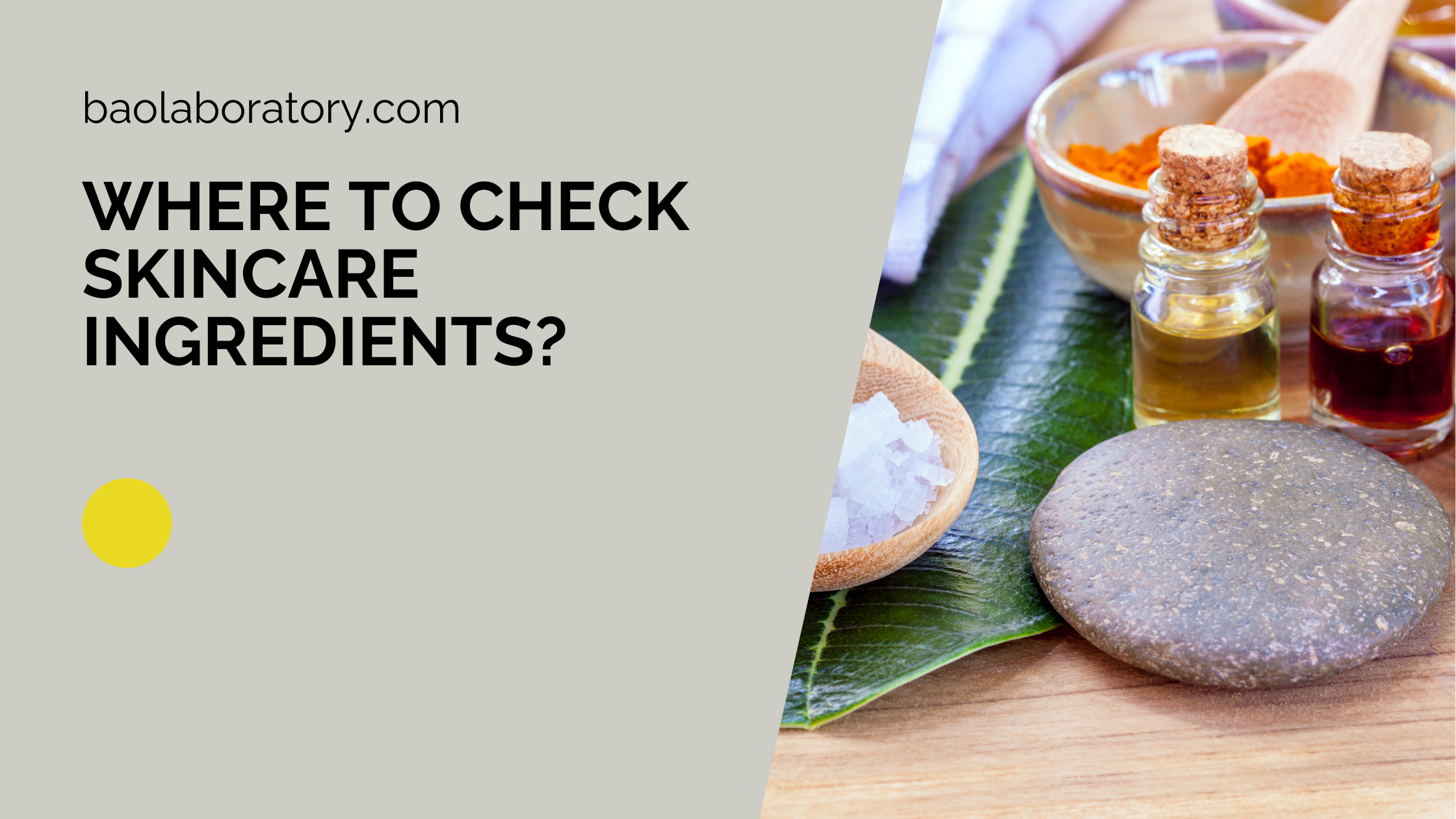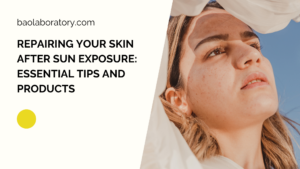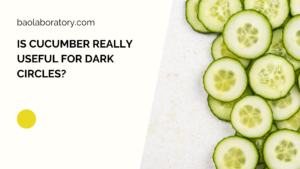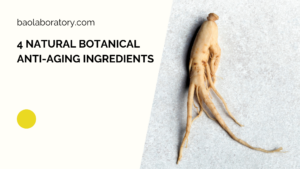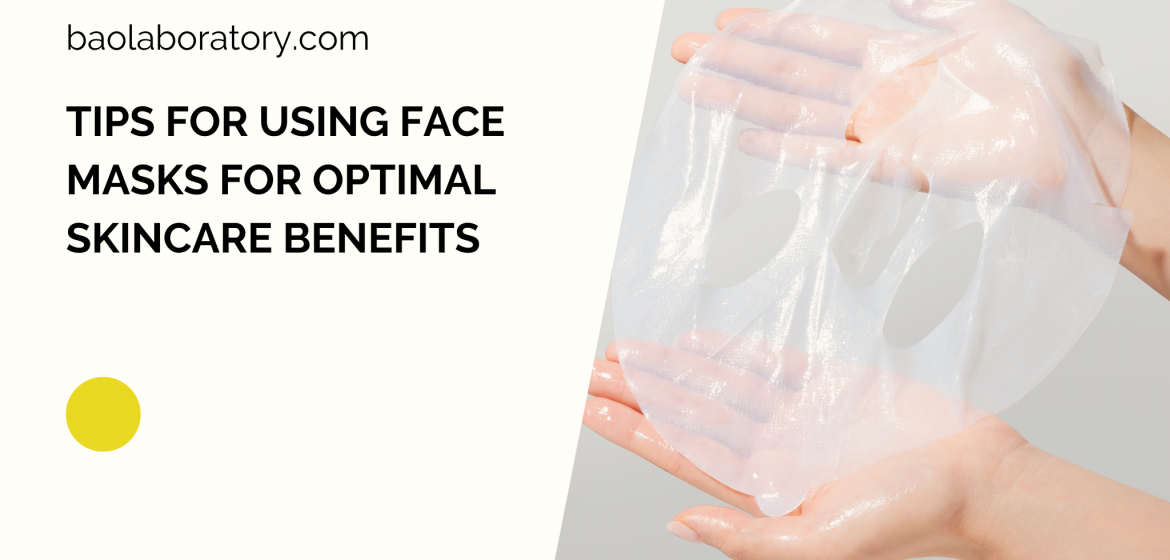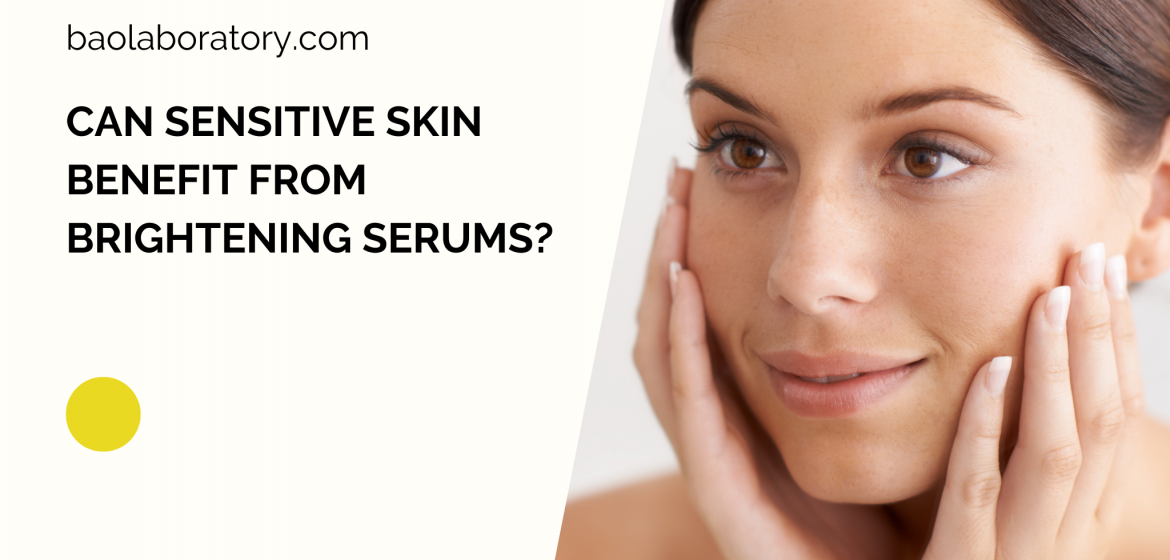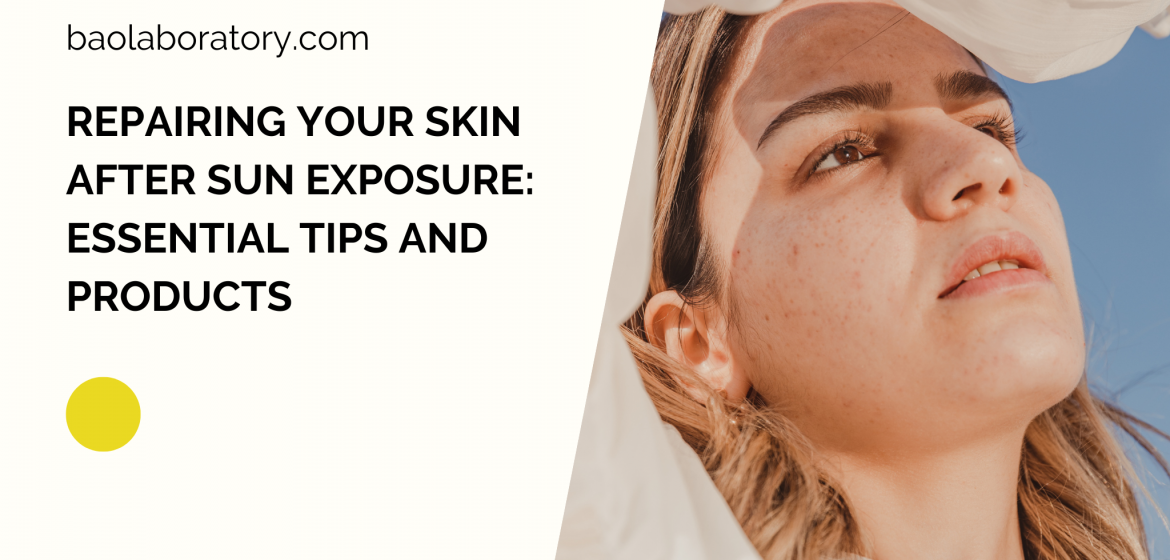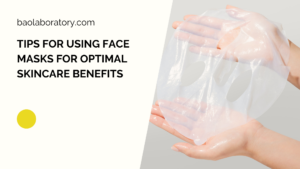
- Home
- /
- Skin Solutions
- /
- Where To Check Skincare Ingredients?
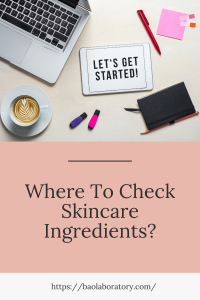 If you are at the point where you’ve run out of options on your quest to find the perfect skin care products, then it may be a good idea to start checking the ingredients for yourself.
If you are at the point where you’ve run out of options on your quest to find the perfect skin care products, then it may be a good idea to start checking the ingredients for yourself.
It’s not as difficult as it sounds. Even if you don’t understand every word on that ingredient list, there are a few keywords you should focus on first.
If you are a skincare junkie or someone interested in undergoing skin care treatments, you may realize that there are hundreds of products available today. It is also essential to check out the ingredients before buying them.
And did you know that most of them are free to use? We have compiled a list of the top 12 most reliable sources to answer where to check skincare ingredients.
Top 12 Most Trusted Websites to Answer Where To Check Skincare Ingredients
1. Canadian Dermatology Association (CDA)
CDA is one of the most trustworthy resources to inquire about the safety of your skin care ingredients. The website brings a reliable skin care recognition program to help you get the right answers. In addition, the program picks out products meeting medical expert standards. This whole process is to deliver you certain safety so you can follow your skin care routine without hassle.
Besides, this resource will aid people, especially those with hypersensitive skin types to develop a healthy skin care routine. For instance, our PROB5HA FULL SPEC QUENCHING SERUM and LOTUS SQUALANE HEALING FACIAL OIL are safe skin care products approved by CDA. These organic skin care products will aid your skin with perfect health.
2. Cosmily
Skin care ingredients can be tricky while choosing the wrong constituent can put you in trouble. So it is just better to certify your skin care ingredients before putting them on your skin.
Cosmily is a reliable platform for certifying the ingredients present inside your skin care products. In addition, the website generates a report based on the benefits and drawbacks on every ingredient you wish to study. Also, the website exhibits a simple interface where you will just have to type in the ingredients to validate the safety of your skin care products. It is completely free, so anyone can access it without fuss.
3. Skin Carisma
Skin Carisma is a free website that lets you search for skincare products. It also lists reviews from users who have tried the products and can tell you if they like them.
This website is beneficial when you’re looking for a new moisturizer or sunscreen and know if it’s safe for your sensitive skin. It’s also great for those concerned about our beauty products and who want to use the safest options possible.
4. Skin sort
Skin sort is an authentic skin care ingredients analyzer that comes with an intuitive interface. The website features a huge skin care ingredient database to ensure an accurate report on every search. In addition, this powerful resource will inform its users about the concerns regarding any skin care product under consideration.
Each report generates basic and extensive information regarding the ingredients present inside a product. This helps in educating people who are conscious about their skin safety. Also, there is another section for similar skin care product comparisons regarding facts and benefits. Lastly, the website features a helpful community where you can find unique skin care routines and feedback. Therefore, Skin sort is definitely worth your precious time.
5. EWG's Healthy Living App
With over 1,700 ingredients being used in cosmetics and organic skincare products, it can be overwhelming to figure out if all the chemicals you’re putting on your skin are safe or hidden irritants and allergens.
And who has time to sift through a laundry list of ingredients? Thankfully, a new app makes it easy to search precisely what we need to know.
With the EWG’s Healthy Living App, you can search for terms like “fragrance” or “acrylates” and get an at-a-glance list of products containing those two ingredients.
The app also lets you search for specific brands, so you don’t have to worry about missing something important. You can filter by product type, like shampoo or face wash, and sort by brand, so it’s easy to find what you want.
There are even some nifty features like a counter that keeps track of how many products you’ve checked and a built-in flashlight to make searching easier while you’re in the store.
6. Lab Muffin Beauty Science
Whether you’re looking for the complete list of ingredients in your new organic skincare product or trying to figure out what’s in that weird rash, it’s best to start with a reliable source.
Lab Muffin is a beauty science blog run by cosmetic chemist Neni. She presents her findings and advice in a friendly tone that makes complex subjects easy to understand.
You can check out all of her research on ingredients and see how they perform in formulations on her website.
7. I Read Labels for You
For a quick look at what’s in a product without having to dig through an ingredients list yourself, this website has multiple ways of searching for specific products.
The results will show you all products that contain this ingredient and an additional list of products that contain the same element but have different names because synonyms also know them. The site even shows pictures of each product to see what it looks like quickly.
This site has a good search engine with filters that allow you to look up ingredients by their scientific names and common names, whether they are considered safe or unsafe, skin types, brand names, etc. It also has ingredients with known allergens and ingredients to avoid if you’re pregnant or breastfeeding.
8. CosDNA
This website is one of the most comprehensive and user-friendly resources for checking ingredients lists – it even has information about common chemicals like parabens and mineral oil.
It’s also straightforward to find a product on this site if you know its name, thanks to the built-in search feature (and if you don’t remember the name, you can browse by category).
The only drawback is that it doesn’t include reviews about what users have experienced with products. So if CosDNA says a product has caused breakouts for people in the past, you’ll still want to read reviews from other sources before deciding whether or not to buy it.
9. Skin Deep Cosmetics Database
The Skin Deep Cosmetics Database is a great place to start if you’re looking for more information about the safety of your cosmetics. It’s a free, public database that allows you to search for ingredients by product name or brand.
Each product is rated on a scale from zero (safest) to ten (most hazardous), and the site allows you to export lists of products based on your search criteria.
As with most things, when it comes to cosmetics, you get what you pay for: the products that have undergone rigorous scientific testing and analysis tend to be slightly more expensive than those that haven’t, but it will be evident that they’re better, as they’ll have lower scores in the database.
The Deep Skin website also has a blog to post new products and ingredients and publish updates on existing ones. This website should be bookmarked if you’re serious about your skincare routine!
10. Truth in Aging Ingredient Dictionary
Truth in Aging (TIA) is the go-to online resource for ingredient information. The TIA Ingredient Dictionary is a wealth of knowledge about the ingredients found in skincare products, and it’s updated frequently by Truth in Aging’s expert contributors.
Suppose you’re looking for a quick reference for an active ingredient. You can search by ingredient or brand name, and it includes information on more than 500 compounds, from AHA’s to zinc oxide.
Though some of the report—such as the active percentages—is not verified by testing, it’s generally accurate and well-sourced.
11. Cosmetic Ingredients Dictionary (CID)
If you’ve ever wondered what dimethicone is or if your favorite moisturizer has any parabens, this site is for you. The Cosmetic Ingredients Dictionary is a dictionary of the ingredients used in cosmetics and personal care products—it includes information about each ingredient’s safety, usage, and cosmetic applications.
The database also includes references to scientific articles that give more information about each ingredient. All of the data stored on the site is entirely free to users, making it an invaluable tool for anyone who wants to know more.
12. International Nomenclature of Cosmetic Ingredients (INCI)
The INCI provides a standardized nomenclature for ingredients used in cosmetics and personal care products. It’s updated regularly to reflect changes in product formulations.
The INCI includes names and definitions for raw materials, active ingredients, and other substances used in cosmetic products such as thickeners, solvents, and fragrances.
Summing Up!
You could try looking at the ingredients yourself, consulting with your dermatologist, or contacting the company directly. But it is usually easier and more reliable to find a website that has already done the work for you.
Such websites can offer ingredient listings and serve as a resource for other information related to organic skincare products and animal testing in cosmetics. Those mentioned above are among the most reliable websites you can use to check the ingredients in your skincare products.

